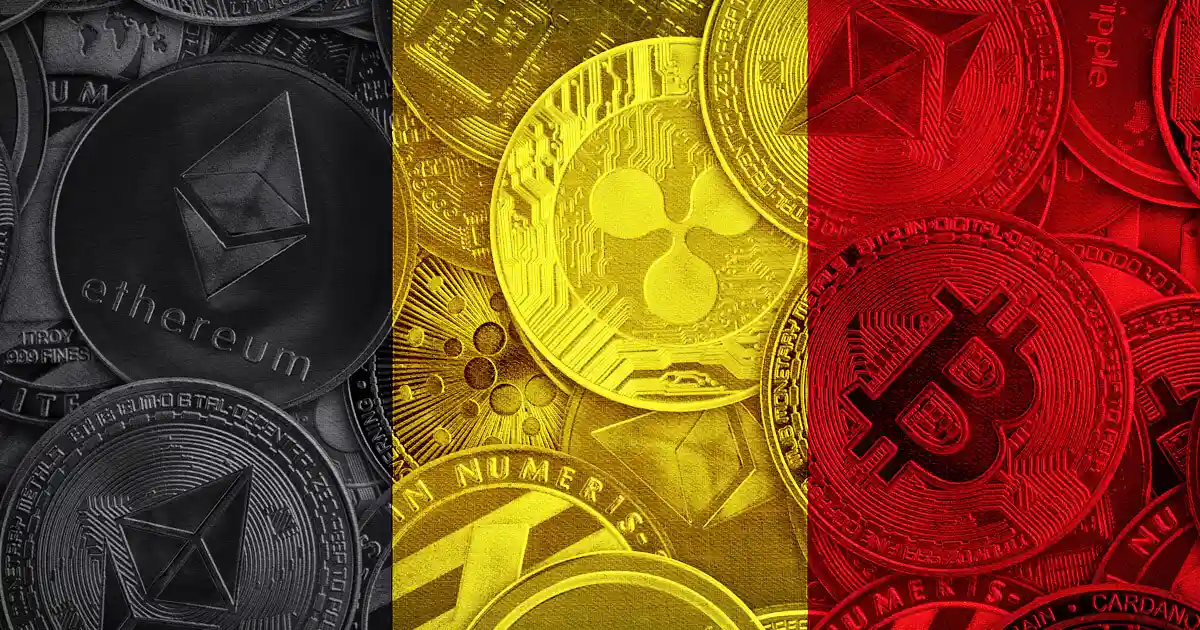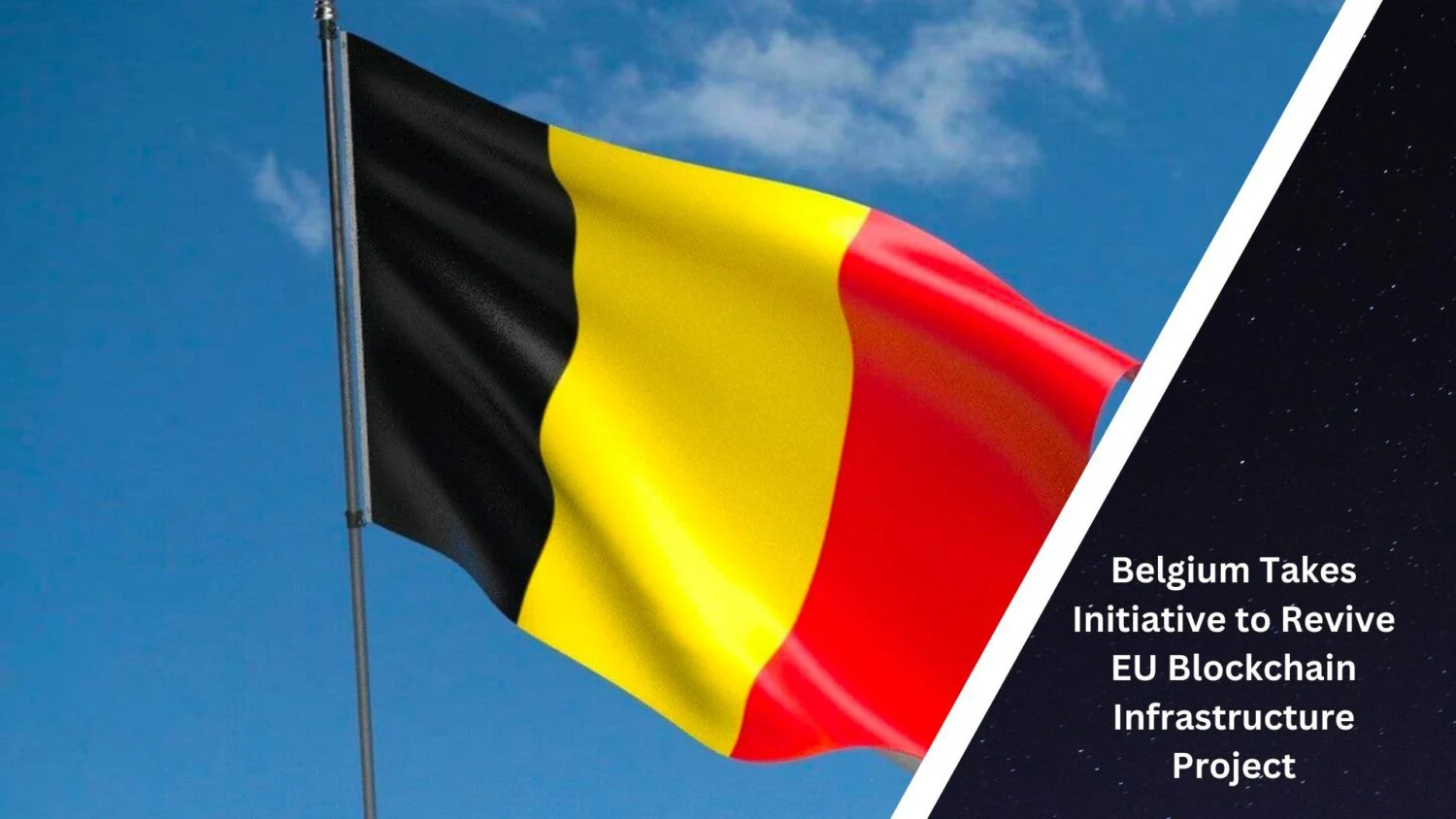This ambitious undertaking is poised to take center stage during Belgium’s presidency of the Council of the European Union in early 2024. Spearheaded by the Belgian government, the initiative seeks to expedite the development of a pan-European blockchain infrastructure, promising significant advancements in the secure management of official documents and the augmentation of digital services throughout the EU.
Underpinning Belgium’s proposal is the creation of a public blockchain system tailored for the entire EU, a focal point among the four primary objectives articulated by Mathieu Michel, Belgium’s Secretary of State for Digitization, in a recent interview with Science|Business on November 21. The project, poised to revolutionize the storage and verification of official documents such as driving licenses and property titles, forms a pivotal component of a comprehensive strategy to fortify Europe’s digital foundation.
The genesis of this proposed blockchain system, initially known as the European Blockchain Services Infrastructure (EBSI), dates back to its establishment by the European Commission in 2018. A collaborative effort involving the European Blockchain Partnership—comprising 27 EU member states, Norway, and Liechtenstein—laid the groundwork. Michel’s vision extends beyond the technical realm, aiming to transform this initiative into a holistic European endeavor, intertwining both technical and political dimensions.
Enter “Europeum,” the rebranded and revitalized blockchain project envisioned as a pivotal tool for public administration tasks across the EU. Its primary mandate is to streamline the verification of driver’s licenses and other official documents seamlessly across member states. Additionally, Michel contends that the rejuvenated blockchain infrastructure could assume a pivotal role in buttressing the digital euro infrastructure, ushering in a new era for public administration in Europe.
Emphasizing Public Blockchain for Europeum: A Strategic Choice
The decision to prioritize a public blockchain developed by EU member states over private alternatives is a deliberate and strategic move, according to Michel. He underscores the advantages inherent in this approach, particularly in terms of security, transparency, and privacy. Michel contends that a public blockchain has the potential to empower citizens by affording them greater control over their data.
International Collaboration and Regulatory Strides
The Europeum project has garnered substantial support within the EU, with Italy, Croatia, Poland, Portugal, Slovenia, Luxembourg, and Romania expressing their intent to participate. Belgium is positioned to host the project’s headquarters, underscoring the nation’s leadership in digital innovation within the EU.
This initiative aligns with a broader trend towards regulatory consolidation in the realms of crypto and blockchain technology. In early November, 47 national governments pledged to integrate the Crypto-Asset Reporting Framework (CARF) into their domestic legal systems. This international standard aims to facilitate the automatic exchange of information between tax authorities, reflecting the growing significance of cryptocurrency and blockchain technology in the global financial landscape.
Related: Patex Clinches Top Honor as the Premier Blockchain Ecosystem in Latin America for 2023
Proactive Belgium and The European Union’s Technological Advancement
Belgium’s proactive stance in leading the blockchain initiative underscores the country’s dedication to digital innovation and collaboration within the European Union. The European project, with its emphasis on public administration and citizen empowerment, marks a substantial leap forward in the EU’s journey towards a more integrated and technologically advanced future. As the project unfolds, it is poised to establish a new benchmark for digital governance and cross-border cooperation in the digital age.









